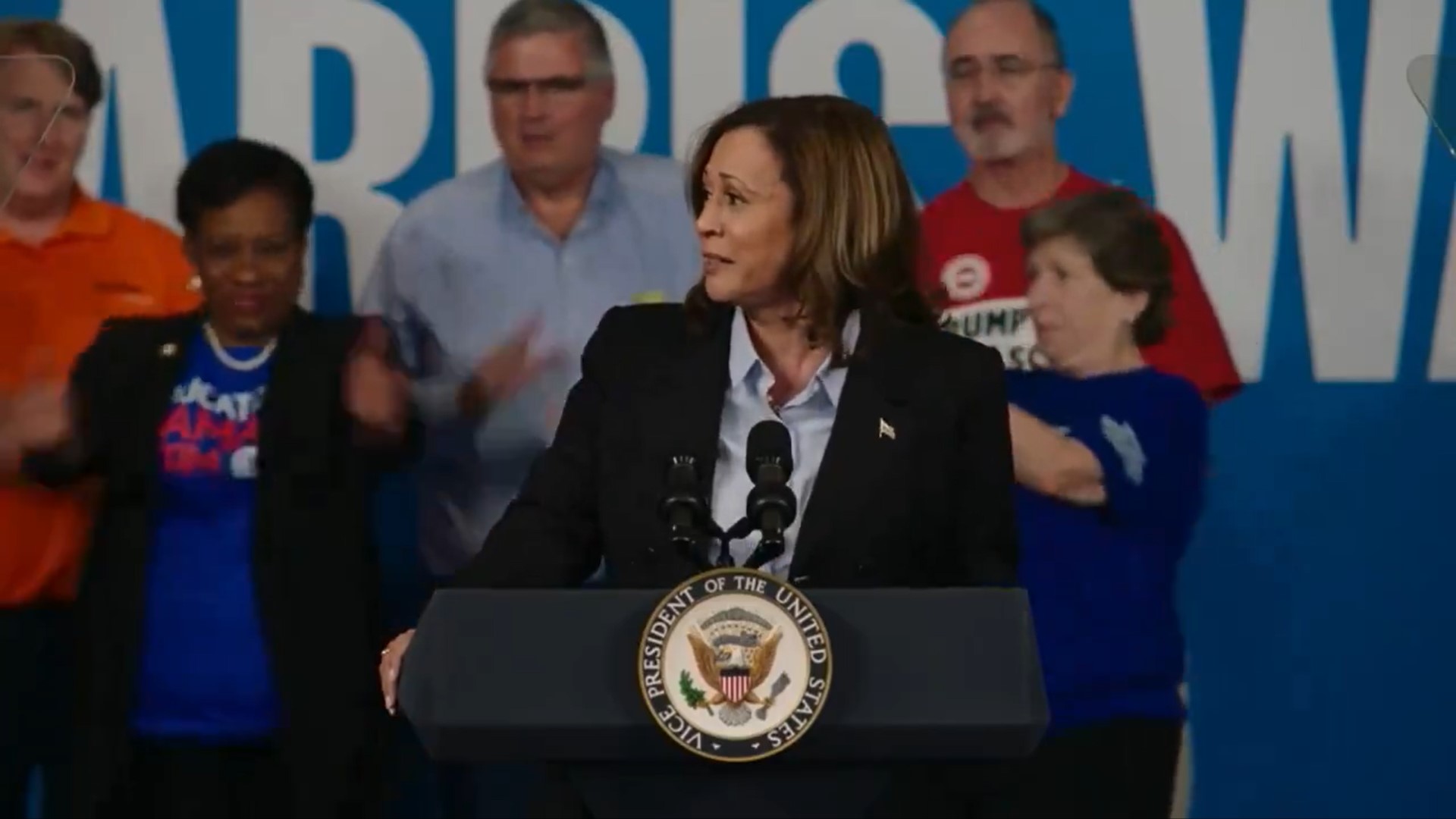Thousands of dockworkers at key ports along the East and Gulf Coasts are preparing for a major strike early next week, threatening to shut down crucial trade hubs that handle nearly half of the container goods moving in and out of the U.S. Talks between the dockworkers’ union and the United States Maritime Alliance (USMX), which represents terminal operators and ocean carriers, have been deadlocked for months. The situation escalated this week with both sides issuing conflicting statements about their willingness to negotiate.
On Thursday, the USMX filed an unfair labor practice complaint with the National Labor Relations Board (NLRB), seeking an emergency injunction to force the union back to the bargaining table. The NLRB is processing the complaint, which is expected to undergo an investigation in the coming days. The Biden administration, including Transportation Secretary Pete Buttigieg, has stepped in to urge both parties to resolve the dispute before the contract expires. Despite these efforts, the administration has been criticized for its handling of the situation, with experts warning that a shutdown could severely disrupt supply chains and spike shipping costs.
Such disruptions could hit consumers hard, potentially worsening inflation and derailing the Federal Reserve’s attempts to stabilize the economy. Jacksonville, Florida, a critical shipping hub, is among the ports that would be affected. Economists have cautioned that a prolonged strike could cost the U.S. economy up to $5 billion a day in lost trade.
Kamala Harris is facing increasing pressure as the strike looms, given her shaky relationship with labor unions. Earlier this year, the Teamsters union notably withheld their endorsement of Harris, signaling dissatisfaction with her ability to connect with blue-collar workers. A strike could deepen that rift, hurting her appeal among union voters ahead of the 2024 election.
The strike also poses a political dilemma for the Biden-Harris administration. If they intervene to block the strike, as they did in the 2022 rail dispute, they risk alienating critical union supporters. On the other hand, allowing the strike to proceed could result in economic fallout that further erodes voter confidence. Republican lawmakers like Rep. Nicole Malliotakis (R-NY) have already voiced concerns, warning of rising prices and shortages on store shelves if the strike occurs.
“It’ll be devastating,” Rep. Nicole Malliotakis (R-NY) told Fox News. “I think people will not be seeing things on the shelves that they’re looking for. I think prices will go up. Talk about inflationary policy. There’ll be obviously a supply and demand issue that will drive up consumer prices and access to the goods that they need. And I don’t see the administration really talking about this issue. They say they’re looking at it, but we need more than just looking at it. We need them to engage to prevent this.”
As the October 1 deadline approaches, all eyes are on the administration’s next move. Will they step in to prevent a strike, or will the nation face a supply chain crisis just as the holiday season approaches?


Leave a Comment